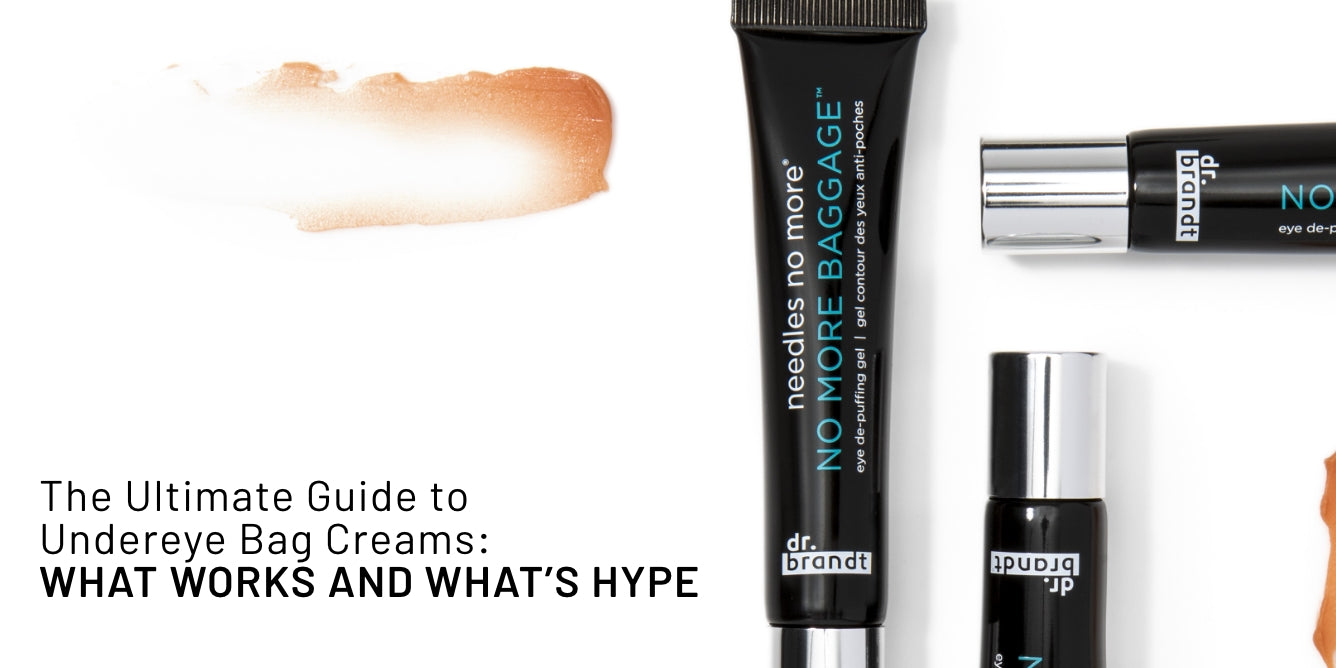
Before, taking care of yourself meant eating a balanced diet and getting exercise whenever possible. Today, that meaning has evolved and expanded dramatically, morphing into its modern-day form: wellness. No longer just a set of personal health practices, wellness is now a full-blown industry worth $4.2 trillion. Naturally, companies have taken notice—and as a result, new miracle pills and potions seem to pop up every day, promising everything from better skin, to a full night’s sleep, to a return to your high school metabolism. Of course, dietary supplements are nothing new: vitamins have been marketed to the public since the early 1900s, often making health claims similar to those we see today. In 1922, The Journal of the American Medical Association warned that “
What are dietary supplements?
The dietary supplement industry is a billion-dollar industry for good reason: today’s society places enormous emphasis on becoming the optimal version of yourself, and to many, popping a daily multivitamin seems like one of the easier ways to do that. The law defines dietary supplements in part as products taken by mouth (in pill, powder or liquid form) that contain a "dietary ingredient." Dietary ingredients include vitamins, minerals, amino acids, and herbs or botanicals, as well as other substances that can be used to supplement the diet. I emphasize the word ‘supplement’ for a reason. From a dietitian’s perspective, it is important to note that supplements are meant to do just that: supplement your diet—not compensate for a bad one, replace whole foods, remedy disease, or act as a magic bullet.
The most common nutrients in dietary supplements
Popular nutrients you will find in dietary supplements and multivitamins are:
- Calcium
- Folic Acid
- Iron
- Omega-3
- Fatty-Acids
- Vitamins (A, B6, B12, D, E)
- Fish oil
- Zinc
- Melatonin
More recently, adaptogenic herbs like ashwagandha and reishi have gained popularity for their apparent ability to help the body deal with stress. Similarly, ingestible collagen has gained popularity for its supposed ability to enhance hair, nail, joint and skin health. Vitamin C has always been a popular supplement to ingest for its immunity-enhancing properties. Vitamin D is often recommended in the winter months, when sunlight is in short supply. Meanwhile, magnesium is also a popular supplement for its ability to help relax the mind and body while easing digestion.

Do supplements really work?
Dietary supplements are sometimes placed under the umbrella of alternative medicine. There is some truth to this—supplements are not and should not be replacements for traditional medical care—but it misses the point. Dietary supplements, when they come from reputable, trusted manufacturers, are designed to offer complementary health benefits, topping up nutritional deficiencies or providing a slight boost to some aspect of your health. You should be skeptical about any supplement claiming to cure a disease or serve as a stand-in for professional medical treatment.
Dietary supplements can certainly serve many purposes depending on the nutrients involved. Some are meant to prevent or correct a nutrient deficiency, others can help boost immunity or enhance overall health, some may offer increased energy or aid in relaxation. Note that I use the words “can” or “may” as there are no definitive results when it comes to supplementing. Supplements are often promoted as beauty aids—and while it’s true that taking them may help with issues like dry skinor sensitive skin—their influence is indirect, if not marginal. Certain populations are encouraged to take supplements due to a higher risk of deficiency, or increased needs for certain nutrients linked to a lifestyle or medical condition (including hormonal imbalances, auto-immune disorders, anemia, etc). For example, it’s recommended that pregnant women take a prenatal vitamin that includes folic acid for proper neural tube development for the fetus. Those who follow a vegan or vegetarian diet and may need to supplement their diet with B12, iron, or zinc, while those who limit dairy products may require some added calcium.
Exaggerated or misleading claims are a big issue within the supplement industry. Contrary to popular belief, the FDA does regulate dietary supplements-- but the regulations are different than other product categories such as drugs or food, and unscrupulous manufacturers may not comply. A pill or powder won’t stop your skin from aging gracefully, grow your hair three inches in five weeks, or eliminate toxicity from your body. The research on supplements can be confusing and unclear because many research studies are based on small sample sizes or on animal studies or provide associative findings rather than causative ones.
Are dietary supplements safe?
While most supplements are not harmful (the worst-case scenario often being that they’re simply ineffective), some can have damaging effects. I recommend talking to a dietitian or physician before adding dietary supplements to your routine. Beware in particular of mega-dose supplements—i.e. that vastly surpass recommended daily requirements—especially when it comes to things like Vitamin K, Gingko, herbal supplements, beta-carotene and Vitamin A. Taken at high dosage, these can do more harm than good. If you are not sure about a supplement, NIH and Medscape are excellent research resources. For water soluble vitamins, (i.e. almost all of them, with the exception of Vitamin A, D, E, and K which are fat-soluble), the body will excrete any excess through the urine.
The key: eating a variety of healthy foods
Bottom line: as much as possible, our vitamins and nutrients should come from the diet. When you are eating a balanced diet full of fruits, vegetables, grains, healthy fats and high-quality protein, there usually is no need for supplementation. Food has the miraculous ability to fuel our body with exactly what it needs: if you ever have weird cravings, sometimes that’s your body telling you you’re low on a specific nutrient! For example, if you are craving a burger, it may be that your body needs a boost of iron or B12. Learning to listen and trust your body is the most empowering thing you can do for your health.





Leave a comment (all fields required)